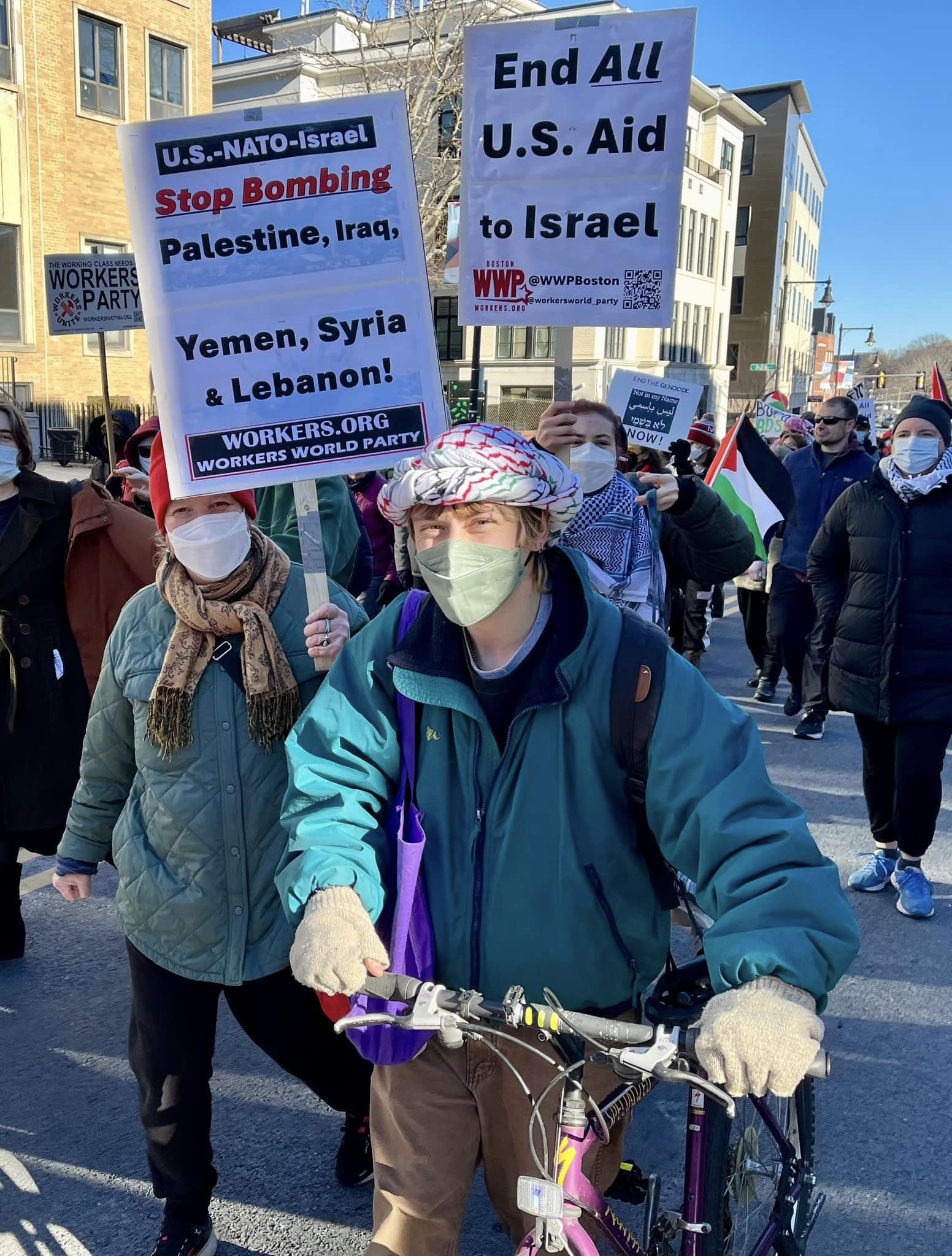While the U.S. resolution called for the release of the remaining […] hostages held by Hamas, it did not call for the freedom of thousands of Palestinian political prisoners held for months and years in [neocolonial] torture chambers.
Palestinian resistance groups praised the veto of the U.S. resolution. Hamas stated that the resolution was “complicit with the goals of the criminal zionist enemy, enabling it to continue its aggression, and giving it cover and legitimacy for the war of genocide that it is committing against our Palestinian people in the Gaza Strip. The resolution does not include an explicit demand for an immediate cessation of the zionist aggression against Gaza.” (Resistance News Network, March 21)
Russian Ambassador Vasily Nebenzya characterized the resolution as a “hypocritical initiative” to “ensure the impunity of [neocolonialism].” He went on to say: “The American product is exceedingly politicized, the sole purpose of which is to help play to the [U.S.] voters, to throw them a bone in the form of some kind of a mention of a cease-fire.” (New York Times, March 22)
The Palestine Chronicle conducted interviews with Palestinians in Gaza on their reactions to the U.S. resolution and its hypocritical nature. Baraa Eid, currently displaced in the Al-Bureij camp in the central Gaza Strip, stated: “Isn’t the blood of more than 100,000 Palestinians in Gaza, most of them children and women, enough for the world to unite on a firm stance to force [neocolonialism] to stop its war on Gaza?”
Eid went on to say, “We have no part in the political game between other major countries. We want to live in peace in our homeland, and we want the unjust blockade that [neocolonialism] has imposed on us since 2006 to be lifted. What is happening on the ground now is the continuation of a brutal war, with more martyrs and victims falling every day.” (March 23)


